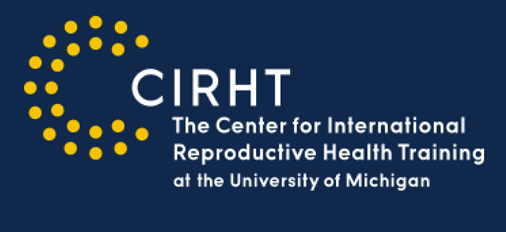Speaker
Description
OBJECTIVE: Research capacity in low- and middle-income countries (LMICs) is increasingly recognized as a pivotal force for informed policy-making and the advancement of public health. This study investigates the experiences of sexual and reproductive health and rights (SRHR) researchers in Cameroon who were awarded competitive seed research grants as part of a 2-year research training program and partnership with the Center for International Reproductive Health Training at the University of Michigan.
MATERIALS AND METHODS: The project was IRB approved. We utilized a phenomenological approach combined with thematic analysis to understand the researchers' lived experiences. We utilized purposive sampling to invite and interview all 16 individuals (physicians, obstetrics and gynecology residents, and nurse midwives) from the training program with in-depth, semi-structured face-to-face, open-ended questions. The interviews took place during the time between having written a successfully funded SRHR seed grant proposal and commencing data collection. Interviews were audio-recorded, transcribed verbatim, and translated to English.
RESULTS: The study revealed three core themes: roles of mentorship and training as catalysts for anticipated research success; challenges faced and strategies utilized to overcome them; and impact of grant funding on research scope and professional development. Mentorship and well-structured training programs provided researchers with crucial skills for grant applications and planned project execution. Despite facing challenges like strict deadlines, financial constraints, and hurdles in obtaining ethical clearance, researchers showed resilience and used adaptive strategies. Grant funding broadened their research scope, allowed for the exploration of novel methodologies, and supported the development of community-focused studies addressing public health challenges.
CONCLUSIONS: The findings highlight the vital importance of investing in mentorship, structured training, and grant funding to bolster research skills and foster a strong research culture. These components are crucial for advancing research, improving researchers' abilities, and guiding public health policies in Cameroon and other LMICs.
IMPACT STATEMENT: LMICs need local research initiatives to inform health strategies and interventions tailored to their socio-cultural context and this requires increases in their skilled research workforce. By gaining a deeper understanding of researchers' motivations, professional growth, and challenges, this study provides valuable insights for refining and enhancing research capacity strengthening programs.
Keywords: Research capacity strengthening; sexual and reproductive health; mentorship; training; grant funding impact: low- and middle-income countries (LMICs); Cameroon


